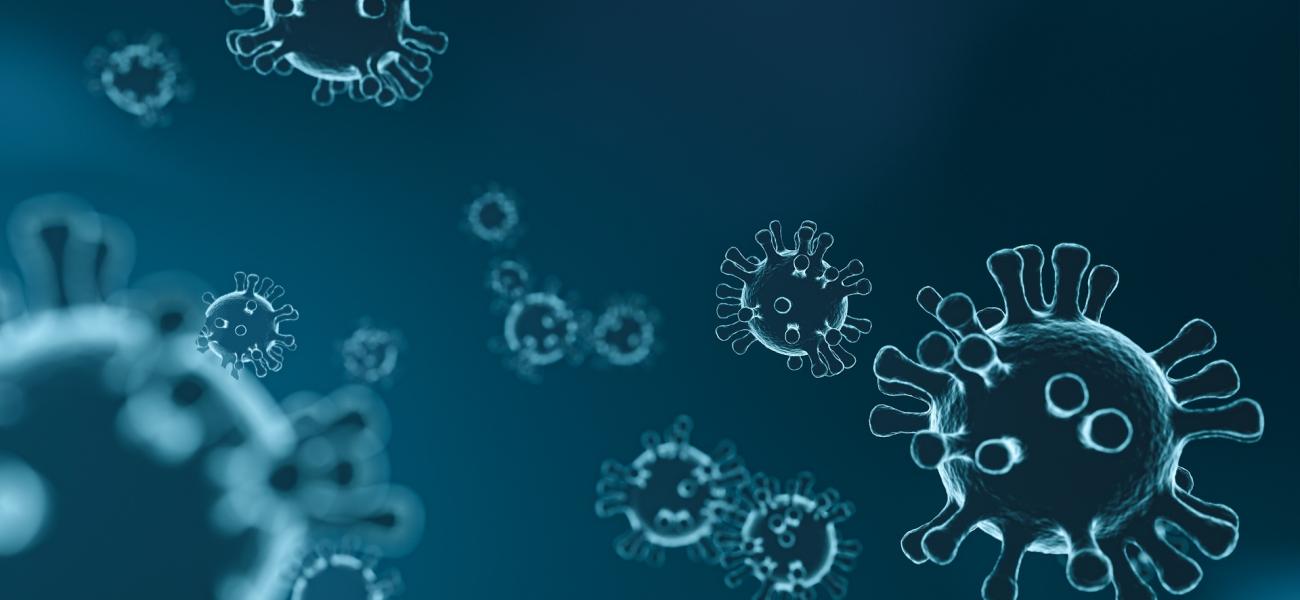
Stent and Hill on COVID-19 Challenging Putin’s Grip on Power
This is a summary of an interview originally posted by VOA.
The coronavirus pandemic has hit the most vulnerable pillars of Russian President Vladimir Putin’s domestic and international position, according to Georgetown professor of government Angela Stent and Fiona Hill, the former senior director for European and Russian affairs on the National Security Council.
In an interview with VOA, Stent and Hill credited an ongoing price war, instability in the oil market and an unprepared healthcare system for a fall in Putin’s popularity. Hill states that Putin “was overconfident at the very beginning of the year … about how he and his system could weather any forthcoming storm … [the pandemic] has hit the weakest part of the Russian system, which is the public health sector.” According to Hill, Putin also believed “he was in a strong position for maneuvering with the Saudis over the last several months, not at all calculating that the oil price would plummet to … below zero. Putin is very well aware that the other times when the Soviet Union’s and Russia’s economy really hit rock bottom was when oil prices plummeted.” Hill states that, economically, “the main thing is how much the Russian state revenues take a hit … their budget was pinned to an oil price of about 40 dollars a barrel.”
Stent further highlighted the weakness of the Russian healthcare system, stating that “the public health system in Russia was already under strain … in the rural and provincial areas of Russia it was already a very bad situation, up to 30 percent of [rural] medical facilities don’t have running water, hot water [or] heating. You’ve already seen localized protests in different parts of Russia just about the abject state of the public health system.” Stent is quick to advise, however, that “we have to be cautious about thinking this immediately means [Putin] is going to be ousted from power. It’s a pretty resilient system … but clearly, the grip on power that he thought he had is very much being tested.”
On Putin’s popular support, Hill states that the Russian president “has to put himself to the polls on a regular basis in order to prove to the public at large, but [also] everyone within the system, that he has still got popular support.” However, Putin has had to largely retreat from the public view, “Putin getting sick … would throw the whole system on its head. By necessity he has to withdraw and be less exposed, literally… it would be deeply destabilizing if anything happened to him.”
With regard to Russia’s international position, Stent argues that “the pandemic will make Russia more dependent on China; it’s already a junior partner and I think that will be reinforced when it is all over. China is probably going to emerge from this … stronger, if its economy can recoup.” Hill agrees with this assessment, concluding that Russian leadership may try to “reassess the relationship with Europe, [to] try to see how they could mitigate the risk of dependency on China by reinvigorating ties with Europe.”
Listen to the full interview at VOA.
